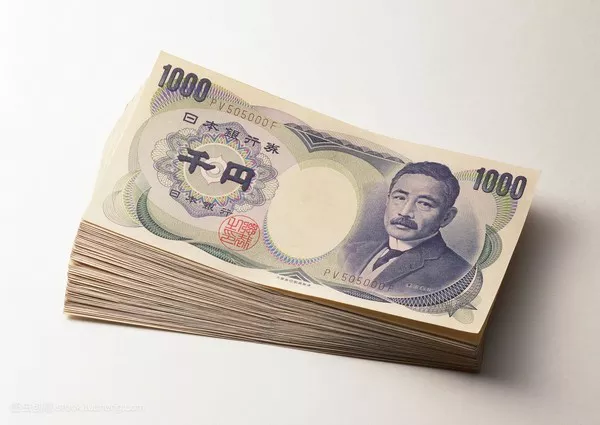The Japanese Yen (JPY) has been displaying remarkable strength in recent times, attracting attention from global economists, investors, and financial analysts alike. This surge in the yen’s value raises questions about the underlying factors driving its strength. In this article, we will delve into the key reasons behind the Japanese Yen’s strengthening position in the foreign exchange markets.
Economic Stability and Resilience
One of the primary factors contributing to the strength of the Japanese Yen is the country’s economic stability and resilience. Japan has successfully navigated through various economic challenges, including periods of deflation and low economic growth. The country’s commitment to monetary and fiscal policies, along with its prudent financial management, has instilled confidence among investors.
Japan’s reputation for having a well-regulated and transparent financial system has made the yen a safe-haven currency. During times of global economic uncertainty or financial market turbulence, investors tend to flock to assets perceived as safe, and the Japanese Yen has consistently been one such refuge.
Trade Surplus and Current Account Balance
Japan has maintained a consistent trade surplus for several years, which contributes significantly to the strength of the Japanese Yen. A trade surplus means that Japan exports more goods and services than it imports, leading to a net inflow of foreign currency. This surplus enhances the demand for the yen, as foreign businesses and governments need to acquire the currency to engage in trade with Japan.
Additionally, Japan’s robust current account surplus, which includes not only trade but also income from investments and other financial transactions, further supports the yen. The country’s positive current account balance signals fiscal discipline and economic strength, reinforcing the attractiveness of the yen in the global financial markets.
Low Inflation and Monetary Policy
Japan has grappled with deflationary pressures for an extended period, leading to a prolonged period of low inflation. While low inflation might be considered a challenge for some economies, it has played a role in enhancing the Japanese Yen’s value. The Bank of Japan (BOJ) has implemented various monetary policy measures to combat deflation, including ultra-low interest rates and large-scale asset purchases.
The BOJ’s commitment to maintaining a stable economic environment has contributed to the yen’s strength. Investors are drawn to the currency due to the central bank’s cautious approach, ensuring that inflation remains in check while supporting economic growth. This stability in monetary policy creates an environment conducive to the appreciation of the Japanese Yen.
Global Risk Sentiment
The Japanese Yen often experiences a surge in demand during times of heightened global risk aversion. The currency’s status as a safe-haven asset becomes particularly evident when geopolitical tensions rise, or global economic uncertainties intensify. Investors seek refuge in assets that are perceived as low-risk, and the Japanese Yen historically fulfills that role.
The ongoing geopolitical uncertainties, trade tensions, and concerns about the global economic outlook have fueled a flight to safety, benefitting the Japanese Yen. As long as these uncertainties persist, the yen is likely to maintain its strength as a safe-haven currency.
Demographic Factors
Japan’s demographic landscape, characterized by an aging population and a declining birth rate, has unique implications for its economy and currency. The aging population has led to a high level of domestic savings, as older individuals tend to save more for retirement. This surplus of savings contributes to Japan’s current account surplus and, consequently, supports the strength of the Japanese Yen.
Additionally, the demographic challenges have prompted Japanese corporations to expand their operations globally, resulting in increased overseas investments. As these investments generate returns, they contribute to the overall strength of the yen.
see also When Was The Japanese Yen Created?
Conclusion
In conclusion, the strength of the Japanese Yen is a multifaceted outcome driven by a combination of economic, monetary, and demographic factors. Japan’s commitment to stability, trade surplus, low inflation, and a current account surplus all play crucial roles in supporting the yen’s value. Additionally, the currency’s safe-haven status during times of global uncertainty further solidifies its position in the foreign exchange markets.
As investors and analysts continue to monitor global economic developments, understanding the factors influencing the Japanese Yen’s strength becomes essential for making informed decisions in the dynamic world of international finance. The yen’s resilience reflects not only the economic fundamentals of Japan but also its role as a key player in the global financial landscape.


